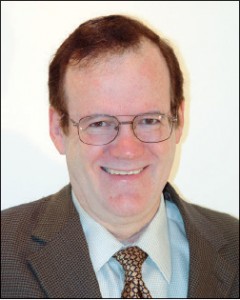
Benita Katzenellenbogen, PhD, and John Katzenellenbogen, PhD
University of Illinois
Dr. Benita S. Katzenellenbogen, Swanlund Professor of Physiology and Cell Biology, and Dr. John A. Katzenellenbogen, Swanlund Professor of Chemistry, both at the University of Illinois, are jointly recognized for their enormous contributions — spanning more than four decades — that have greatly advanced our understanding of the broad actions of steroid hormones and their receptors in diverse target tissues in health and disease. Their pioneering work on estrogens and estrogen receptors has defined the multifaceted modes by which these receptors are regulated and act in distinctive and biomedically significant ways. Their seminal contributions have also highlighted novel approaches for the diagnosis and treatment of hormone-responsive cancers and beneficial modes of tissue-selective estrogen action for managing various disorders including endometriosis and multiple sclerosis.
In addition to their highly productive collaborations joining biology and chemistry, they have each led extremely distinguished, independent scientific careers. Benita Katzenellenbogen’s work has elucidated fundamental aspects of structure-function relationships and mechanisms of action of ERα and ERβ, and demonstrated the remarkably broad spectrum of estrogen actions on gene expression and cell signaling networks. Her extensive research has provided the framework for our current understanding of the basis for the actions of selective estrogen receptor modulators (SERMs) such as tamoxifen and raloxifene, and for the de
John Katzenellenbogen has studied important aspects of diverse estrogen ligands in various analytical and biomedical applications. He synthesized and characterized many estrogens with novel structures and biological activities, including the most selective agonists and antagonists for ERα and ERβ, and selective regulators of the non-genomic actions of ER. John’s laboratory has also been a world leader in the development of agents for imaging steroid receptors in endocrine-responsive cancers by positron emission tomography (PET), including [18F]FES and [18F]FDHT, for breast and prostate cancer. Both have been exemplary role models in service to their professions, and in training over 250 graduate students and postdoctoral and MD fellows.

